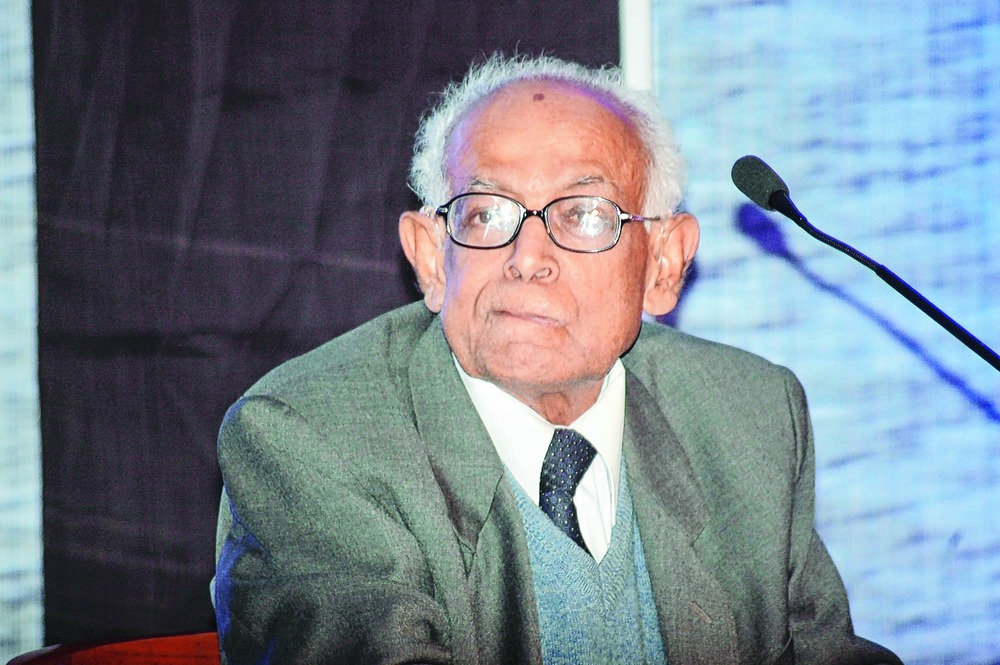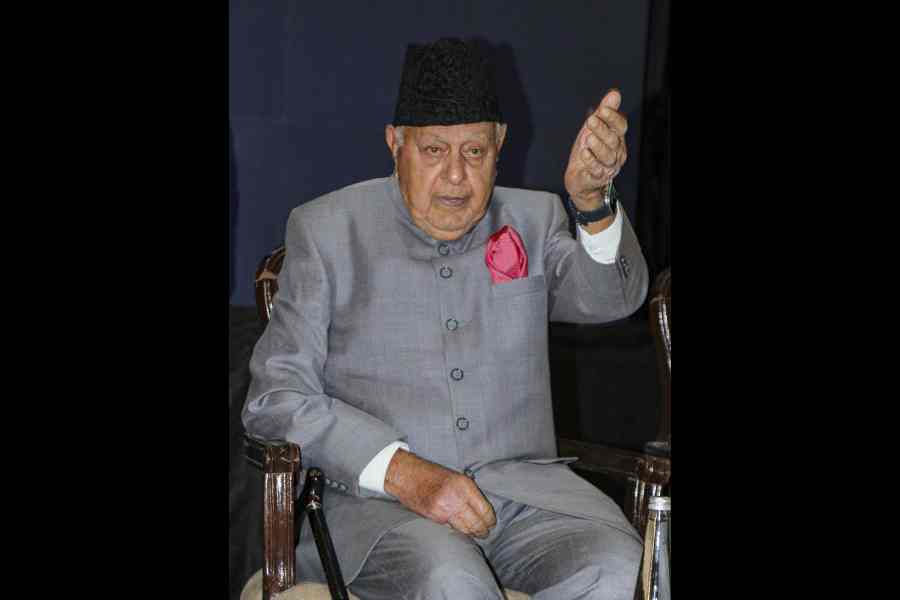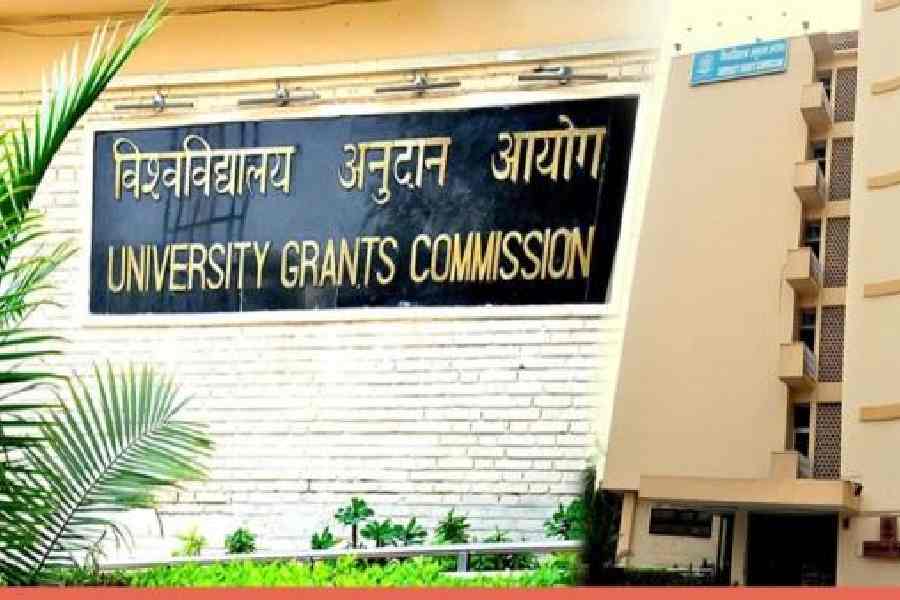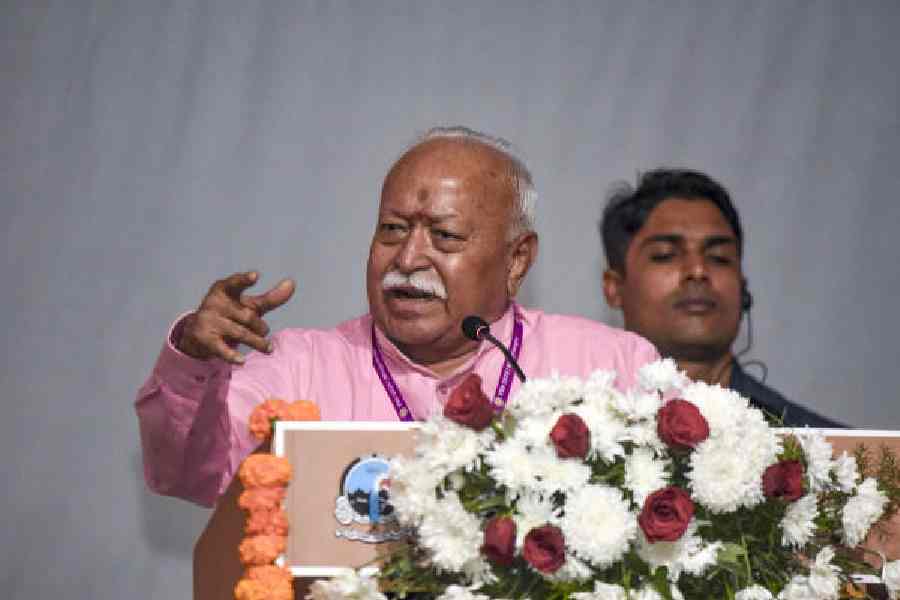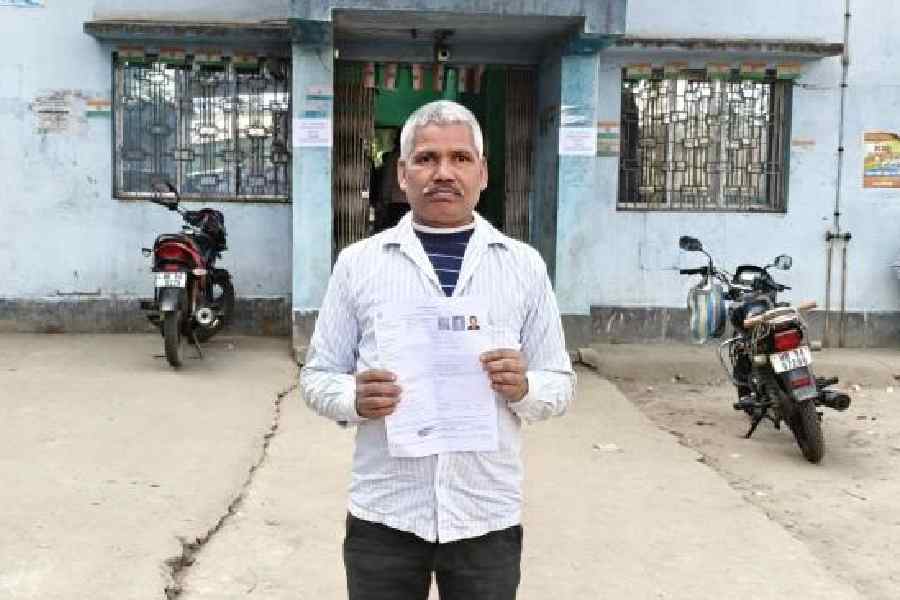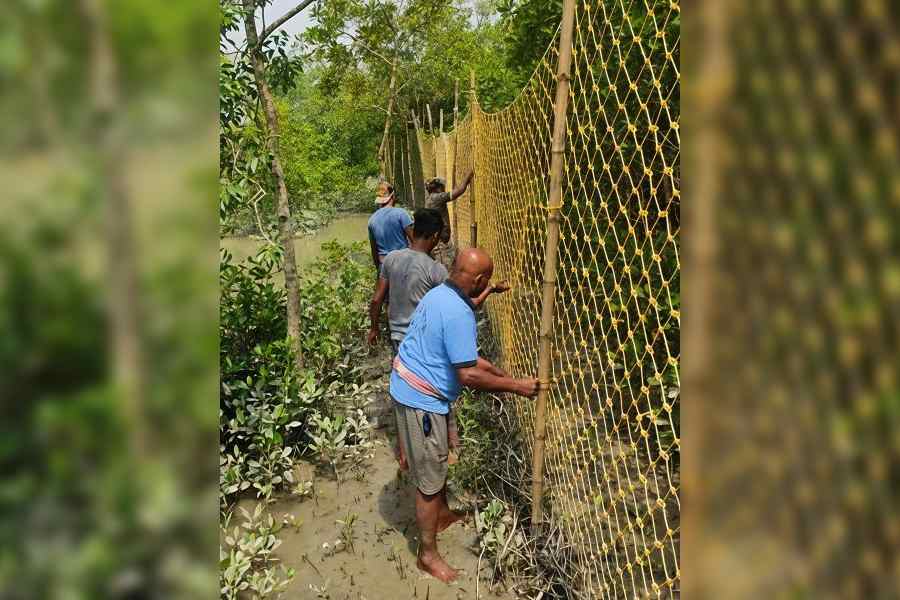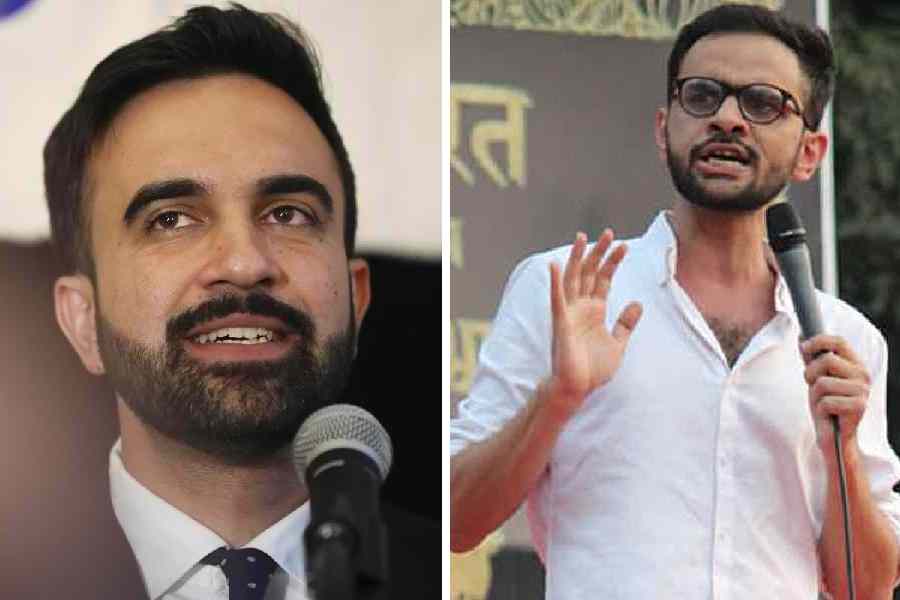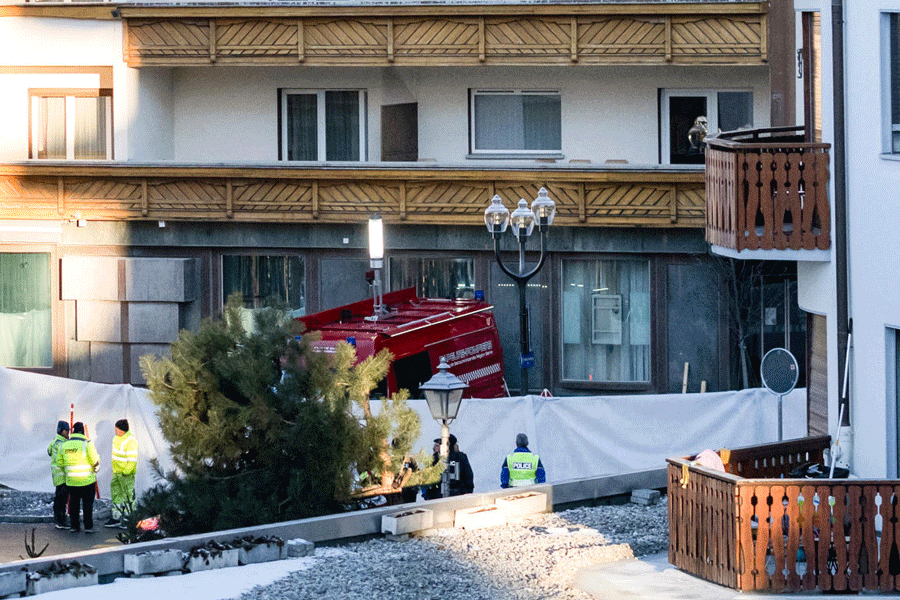
March 4: India's first Prime Minister, Jawaharlal Nehru, had overruled an adverse intelligence report to induct a "young Leftist", Syed Shahabuddin, into the Indian Foreign Service in 1958.
Twenty years later, Atal Bihari Vajpayee, Right-wing politician and "Nehruvian" foreign minister in the country's first non-Congress government, tried unsuccessfully to retain Shahabuddin in the service.
Destiny had willed that the lawyer-turned-teacher-turned-diplomat would join politics and himself take a Right-ward turn to represent orthodox Muslim interests. He earned a Rajya Sabha term and two Lok Sabha stints between 1979 and 1996, representing the Janata Party and then the Janata Dal.
Shahabuddin, who died today aged 82, prided himself on expressing Muslims' "grievances, aspirations and interests" through his active political career in the '80s and '90s, helping "bridge the gap between the Muslim community and national politics".
Largely disillusioned with mainstream secular politics and politicians, he wore his tag of "anti-establishment person" as a badge of honour.
A member of the Babri Masjid Action Committee, Shahabuddin is perhaps best remembered for his crusade for the mosque's protection, and later for its reconstruction, and for bringing out a journal provocatively titled Muslim India.
After the Supreme Court granted a divorced woman, Shah Bano, maintenance under the Criminal Procedure Code in 1986, Shahabuddin joined the clergy in protesting the supersession of Muslim personal law.
Yet, by his own admission, Shahabuddin had been a Left-winger, though not a member of the communist party, during his student days in Patna.
In 1955, he had organised a march of 20,000 students from Patna University to the airport to greet Nehru with black flags in protest against alleged police firing on students.
Nehru apparently remembered him. When Shahabuddin's name came up for a foreign service post, the then Prime Minister endorsed his candidature by noting on his file, perhaps with tongue firmly in cheek, that a Leftist's inclusion in the civil services was the best way to appropriate him.
Shahabuddin said he had learnt from Natwar Singh, then in charge of the foreign service as undersecretary (personnel), that Nehru had jotted down a few lines in his own hand on his file. Natwar had copied it and shared it with him.
Nehru had given him a clean chit, saying: "I have known Shahabuddin during the Patna disturbances. His participation in the disturbances was not politically motivated. It was an expression of his youthful exuberance."
In 1971, Shahabuddin turned a vocal supporter of the creation of Bangladesh. According to him, 1971 was a watershed year for Muslim politics in India.
"For the first time after 1971, Indian Muslims realised that Pakistan offered them no hope, no future and itself had no future. Muslims of India were and are convinced that the fulfilment of their aspirations depends entirely upon their standing in their own country, India," Shahabuddin wrote.
"That realisation not only put Indian Muslims on the right track but also gave them the courage and determination to face their situation squarely, to stand up and assert themselves."
He added: "I believe that the creation of Bangladesh gave a boost to the emergence of Indian Muslims as a factor in Indian politics. Prior to 1971, Indian Muslims hardly spoke their mind; it was only after 1971 that they began to give voice to their grievances."
In 1975, Shahabuddin had a close shave when he and his family came under gunfire in Algiers just as he was about to end a diplomatic tenure in Algeria.
"I was out with my family for a picnic. I was driving my personal car. We were looking for a picnic spot. I passed a hillock with a gate. The gate was open. I entered and started to drive up," he later recalled.
"As I approached the top, I saw a house. I reversed my car but, before I could drive away, the security guards fired at my car and the fragments hit my youngest daughter severely. My wife and I were also hit; my elder daughters were also injured in the back."
Shahabuddin later learnt that the Algerian authorities were keeping the former leader, Ahmed Ben Bella, under house arrest and that he was being shifted from one safe house to another.
On that day he was in that particular house and the security guards had orders to shoot anyone who approached the house.
The Algerians got his car repaired and treated his family at the military hospital where the then foreign minister, Abdelaziz Bouteflika, now the President, sent him a bouquet of flowers.
When Shahabuddin decided to quit the foreign service and join politics in 1978, then foreign minister Vajpayee thrice persuaded him to stay on in face-to-face meetings. Eventually, the civil servant disarmed the minister by quoting a ghazal by Parveen Shakir.
"I told him (Vajpayee) that I already knew that he would never send me to the US or the USSR because I was too junior and then I added that he would not send me to Pakistan which would be a challenge for me for reasons that both of us knew: I meant my being a Muslim. He laughed at that," Shahabuddin later told an interviewer.
"And I told him that to answer all his questions I had brought him some lines from a ghazal that expressed my state of mind (sense of despondency and helplessness)."
The then Morarji Desai government, however, refused to grant him full pension - a princely Rs 1,000 a month in those days - as he had fallen short of the requisite 20 years of service by a few months. Ironically, it was Desai's Janata Party that Shahabuddin was joining.
Shahabuddin used to say that both Indira Gandhi and Rajiv Gandhi were fond of him. He said Indira had offered him the vice-chancellorship of Aligarh Muslim University in the early 1980s but he had declined.
"I somehow remained an anti-establishment person throughout my political career," he would say.
When an interviewer asked Shahabuddin if his stand on the Shah Bano case and the Babri Masjid demolition made him a "look-alike" of Muhammad Ali Jinnah, Shahabuddin responded: "My political mission was to bridge the gap between the Muslim community and national politics and bring them closer to each other. My purpose has always been that the legitimate grievances, aspirations and interests of the Muslim community be projected before the nation, articulated effectively, not in an excessive or extremist manner but within the framework of the Constitution."
Towards the end of his life, Shahabuddin would derive satisfaction from the fact that, among other things, he had been the first to talk of Muslim reservation: in 1989 and repeatedly after that.
"This has become a movement and will bear fruit some day. This I consider to be my positive contribution," he would say.
He credited himself with being "one of the busiest and most articulate parliamentarians... on all national questions".
Shahabuddin had won his first Lok Sabha election from Kishanganj, Bihar, in 1984 amid a Congress sweep. He lost to Congress nominee (and now BJP minister) M.J. Akbar in 1989 but defeated him in 1991.
Each time he ended up in the Opposition. "Anti-establishment" till the last.

